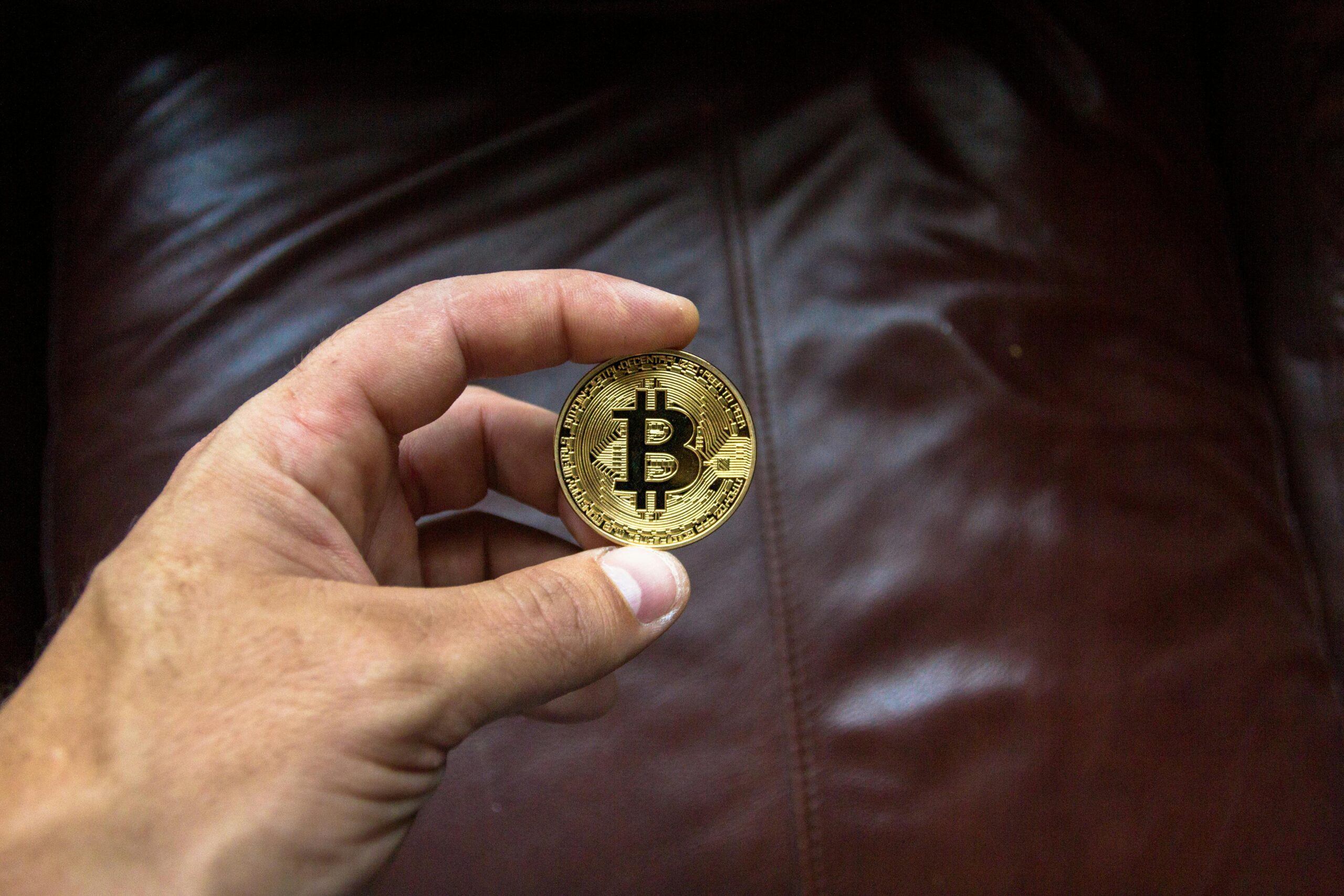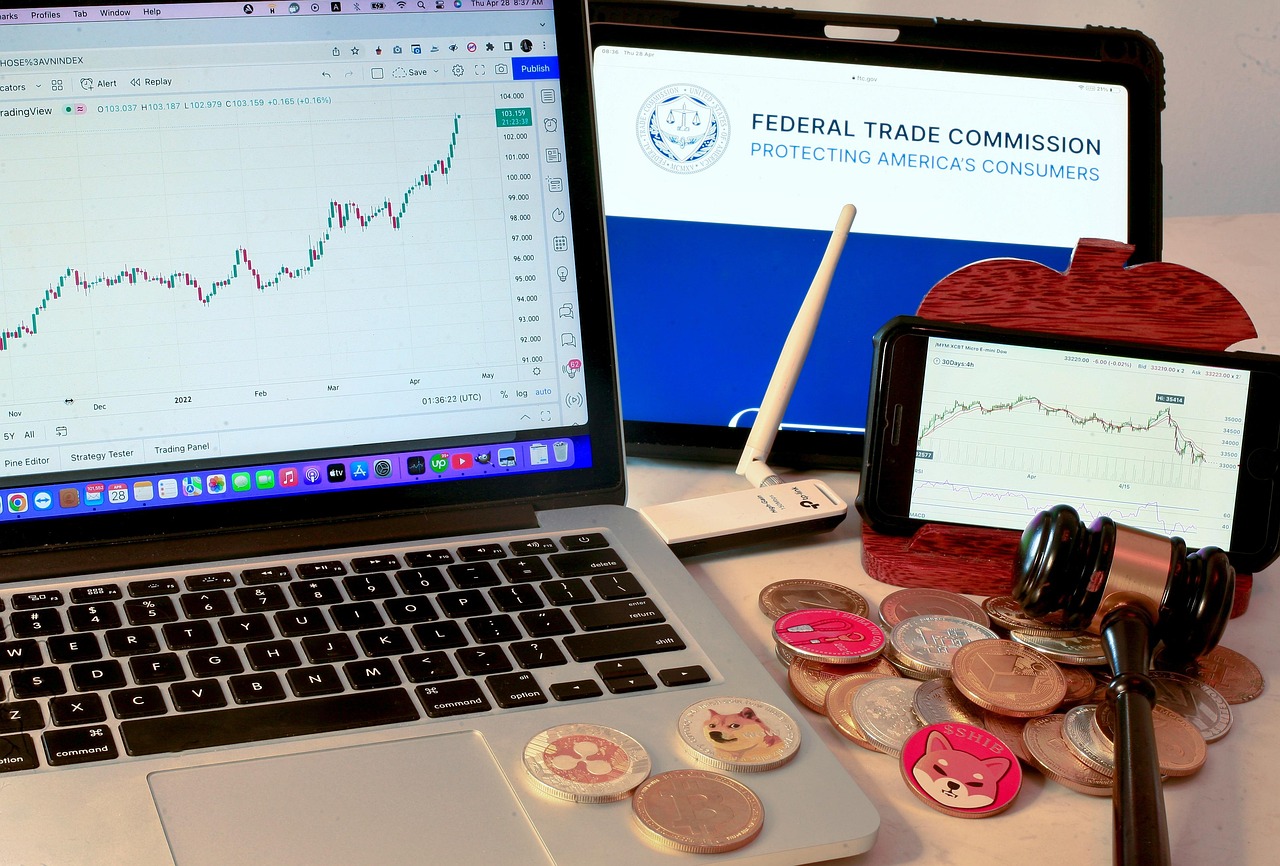What This Article Will Explain
If you’ve ever asked, “How does Bitcoin work?” or “Should I invest in Bitcoin?” — this guide is for you. We’ll break down what Bitcoin is, how it functions, why it has value, and how you can start investing in it safely and wisely.
Why You Should Understand Bitcoin Before Investing
Bitcoin isn’t like traditional investments. It operates on a technology called blockchain, and understanding its mechanics is essential if you want to make smart and secure financial decisions.
Why Bitcoin Continues to Gain Global Attention
In 2025, Bitcoin remains the most talked-about cryptocurrency in the world. From news headlines to finance forums, everyone wants to understand this digital asset. It’s more than just internet money — it’s become a symbol of financial freedom, innovation, and decentralization.
What Is Bitcoin?
Basic Definition
Bitcoin is a decentralized digital currency that allows people to send and receive money over the internet — without a bank or central authority.
A Brief History
Bitcoin was introduced in 2009 by a mysterious creator using the alias Satoshi Nakamoto. It was the first cryptocurrency and remains the most valuable today.
Key Features:
- Decentralized: No central bank controls it
- Limited Supply: Only 21 million BTC will ever exist
- Peer-to-Peer: Transactions occur directly between users
How Does Bitcoin Work?
Blockchain Technology Explained
A blockchain is a digital ledger that records transactions in a secure, transparent, and unchangeable way. Bitcoin’s blockchain is public — anyone can view it.
How It Works:
- Transactions are grouped into “blocks”
- Each block is verified by miners
- Verified blocks are added to the blockchain in sequence
The Role of Mining
Mining is the process of using computer power to validate transactions. Miners solve complex math problems, and when they succeed, they add a block to the blockchain and earn Bitcoin as a reward.
- Happens every four years
- Cuts the mining reward in half
- Helps control inflation by reducing the rate of new Bitcoin creation
Public and Private Keys
Bitcoin uses cryptographic keys for security:
- Public Key: Like your email address (can be shared)
- Private Key: Like your password (must be kept secret)
Losing your private key means losing access to your Bitcoin.
Bitcoin Transactions
- You enter the recipient’s public address
- You sign the transaction with your private key
- The network validates it through mining
- It gets added to the blockchain
Confirmation Time:
- Usually 10 minutes per block
- Faster on Lightning Network (a layer 2 solution)
Safest Way to Buy Bitcoin
Use a Reputable Exchange
Choose a well-known, regulated, and trusted cryptocurrency exchange. Examples include:
- Coinbase (great for beginners, insured wallets)
- Binance (low fees, strong security)
- Kraken (advanced features, strong reputation)
- PDAX or Coins.ph (trusted in the Philippines)
💡 Make sure the exchange offers 2FA, cold storage, and a transparent track record.
Enable Security Features
After signing up:
- Use a strong, unique password
- Enable Two-Factor Authentication (2FA)
- Don’t store passwords on browsers or public devices
- Avoid clicking on suspicious links (phishing scams)
Avoid Leaving Large Funds on Exchanges
Crypto exchanges can be hacked. While convenient, exchange wallets are not the safest place for long-term storage. Move your Bitcoin to a secure wallet you control.
What Is the Safest Way to Buy and Store Bitcoin?
Buying and storing Bitcoin safely is all about using trusted platforms, securing your accounts, and protecting your private keys. Here’s how to do it step-by-step:
Hot Wallets (Short-term use)
- Software wallets like Trust Wallet, Exodus, or Coinomi
- Great for small amounts or regular access
- Store on a secure device with up-to-date antivirus protection
Cold Wallets (Long-term storage)
- Hardware wallets like Ledger Nano S/X or Trezor
- Keep your Bitcoin offline and protected from online hacks
- Ideal for larger balances or long-term holding
Important Tips:
- Backup your seed phrase (write it down on paper and store it in a safe place)
- Never share your private keys
- Don’t fall for “send 1 BTC, get 2 BTC back” scams — they’re fake
- If possible, use a separate device for crypto transactions only
Final Reminder:
“Not your keys, not your coins.”
If someone else controls your wallet keys (like an exchange), they control your Bitcoin. Always aim to self-custody for long-term holdings.
Why Bitcoin Has Value
Limited Supply
Bitcoin is scarce — only 21 million will ever exist. This makes it resistant to inflation, unlike fiat currencies.
Trust in Decentralization
Since no government controls Bitcoin, people see it as a more open and transparent form of money.
Real-World Use Cases
- A store of value like digital gold
- Used in cross-border payments with lower fees
- Growing merchant adoption
Institutional Adoption
- Companies like Tesla and MicroStrategy have bought BTC
- ETFs (Exchange-Traded Funds) now include Bitcoin
How to Invest in Bitcoin
Step 1: Choose a Crypto Exchange
Top trusted platforms:
- Binance – Low fees, high liquidity
- Coinbase – Easy for beginners
- Kraken – Great for advanced traders
Features to Consider:
- Security (2FA, insurance)
- Transaction fees
- User interface
Step 2: Create and Verify Your Account
- Sign up with your email and set a strong password
- Complete KYC (Know Your Customer) verification
- Enable two-factor authentication (2FA)
Step 3: Fund Your Account
Common funding methods:
- Bank transfer
- GCash
- Credit/debit card
- Stablecoins (e.g., USDT, USDC)
Step 4: Buy Bitcoin
You can buy Bitcoin through:
- Market Order – Instant purchase at current price
- Limit Order – Set your own buying price
Start small and diversify your investments.
Step 5: Store Your Bitcoin Safely
- Hot Wallets: Online, convenient (e.g., Trust Wallet, MetaMask)
- Cold Wallets: Offline, secure (e.g., Ledger, Trezor)
Always write down and back up your seed phrase. Without it, you could lose access forever.
Risks and Rewards of Investing in Bitcoin
Volatility
Bitcoin prices can swing drastically — from $25,000 to $70,000 in just months. Be prepared for ups and downs.
Security Risks
- Hacks on exchanges
- Phishing scams
- Human error (e.g., sending to the wrong address)
Regulatory Concerns
Governments may regulate Bitcoin differently across regions. Stay updated on legal requirements in your country.
Potential Rewards
- Long-term appreciation
- Portfolio diversification
- Hedge against inflation
Tips for Bitcoin Beginners
- ✅ Start small — even PHP 100 or $10 worth is enough
- ✅ Use Dollar-Cost Averaging (DCA) to spread your buys
- ✅ Never share your private key or seed phrase
- ✅ Only invest what you can afford to lose
- ✅ Always DYOR (Do Your Own Research)
Future of Bitcoin
Growing Adoption
- Accepted by merchants (e.g., Shopify stores, travel sites)
- Countries like El Salvador have adopted it as legal tender
Role in DeFi
Bitcoin is being integrated into decentralized finance (DeFi), enabling lending and borrowing without banks.
Green Mining Solutions
Environmental concerns are pushing the industry toward:
- Renewable energy use
- Carbon-neutral mining initiatives
Visual: Bitcoin Energy Consumption vs. Traditional Banking (2025)
This visual highlights that while Bitcoin uses energy, the traditional banking system uses significantly more when including infrastructure, ATMs, data centers, and transportation.
Conclusion
Bitcoin is more than hype — it’s a revolutionary financial system based on transparency and technology. By understanding how it works and investing wisely, you can safely become part of the digital economy.
Start small, learn often, and always think long-term.
FAQs (Frequently Asked Questions)
1. Is Bitcoin real money?
Yes. While not physical, Bitcoin is used for purchases, payments, and storing value worldwide.
2. How does Bitcoin make money?
Bitcoin doesn’t “make” money, but people profit by buying low and selling high, mining, or earning interest on platforms.
3. Can I lose my Bitcoin?
Yes—through hacks, scams, or losing your wallet’s private keys. Always use secure methods to store BTC.
4. What is the minimum amount to invest in Bitcoin?
You can start with as little as $1 or PHP 50 on most platforms.
5. Is it too late to invest in Bitcoin?
No. Bitcoin adoption is still growing, and many believe we’re still early in its global journey.
Disclaimer
This content is for educational purposes only and does not constitute financial or investment advice. Always do your own research (DYOR) and consult a licensed financial advisor before investing in cryptocurrencies.




I don’t think the title of your article matches the content lol. Just kidding, mainly because I had some doubts after reading the article. https://www.binance.com/pt-PT/register?ref=KDN7HDOR